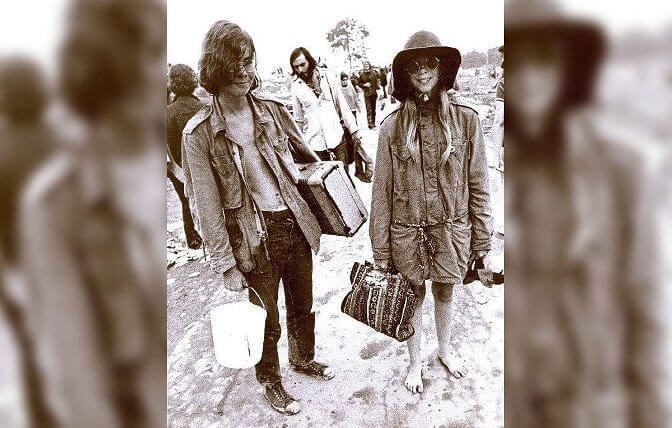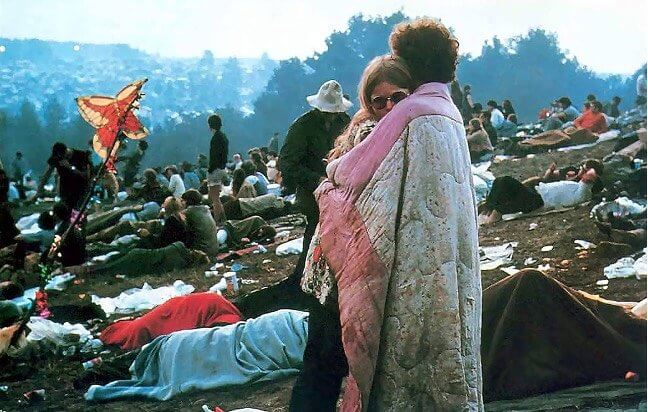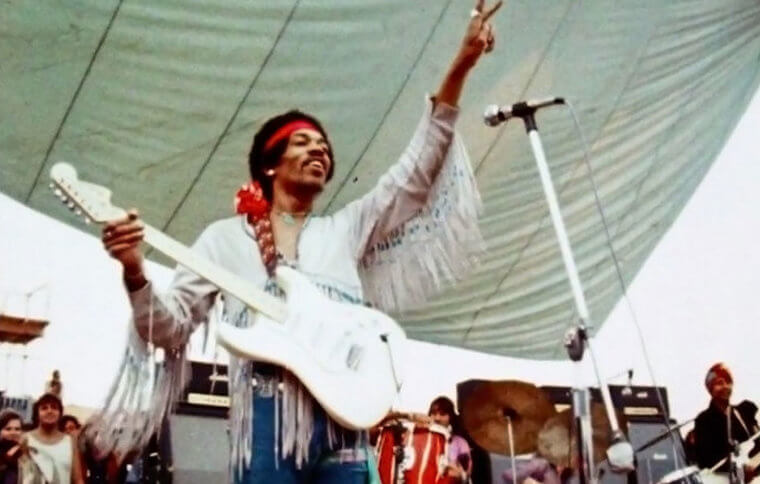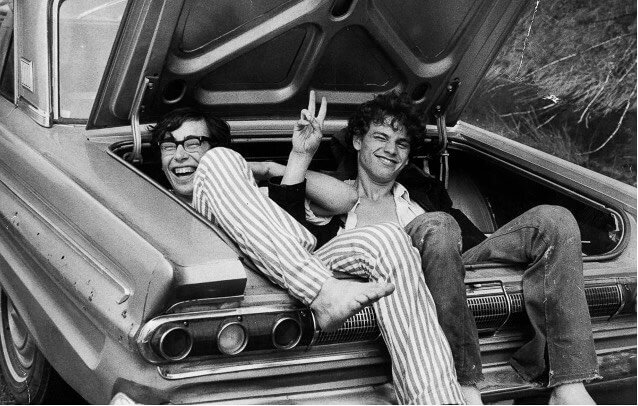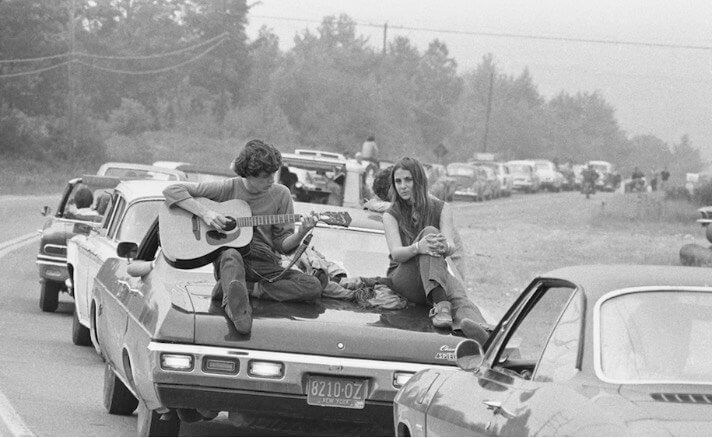13. Festival Founders Hit Too Many Snags
According to the Washington Post, the festival's organizers were simply businessmen who wanted to put on a concert to promote their upcoming recording facility while also raising funds for it. They, on the other hand, made some careless errors, and some were simply bad luck.They didn't appear to be at the pinnacle of their abilities at first. The festival's location changed three times, and construction on the festival's stage didn't even begin until a month before the show's scheduled start date.











